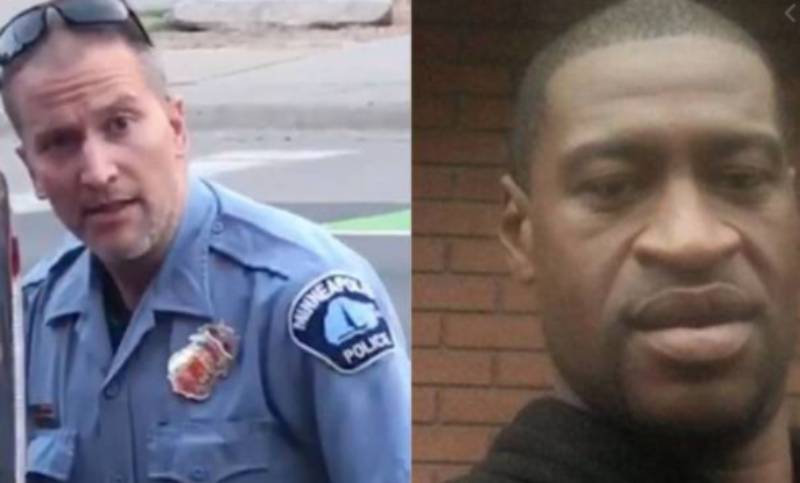
Eight minutes is a very long time, especially if you are kneeling on someone’s neck. Watching the celebration of the late George Floyd’s life this week, time matters for justice and it matters everywhere, including Kenya.
By now, many of you have like me watched with horror police officer Derek Chauvin kneeling on George Floyd’s neck on that Minneapolis street. You saw three police officers calmly watch, look away, watch again. You may also have heard “Big” Floyd whisper, “I can’t breathe” and call out his dead mother for help.